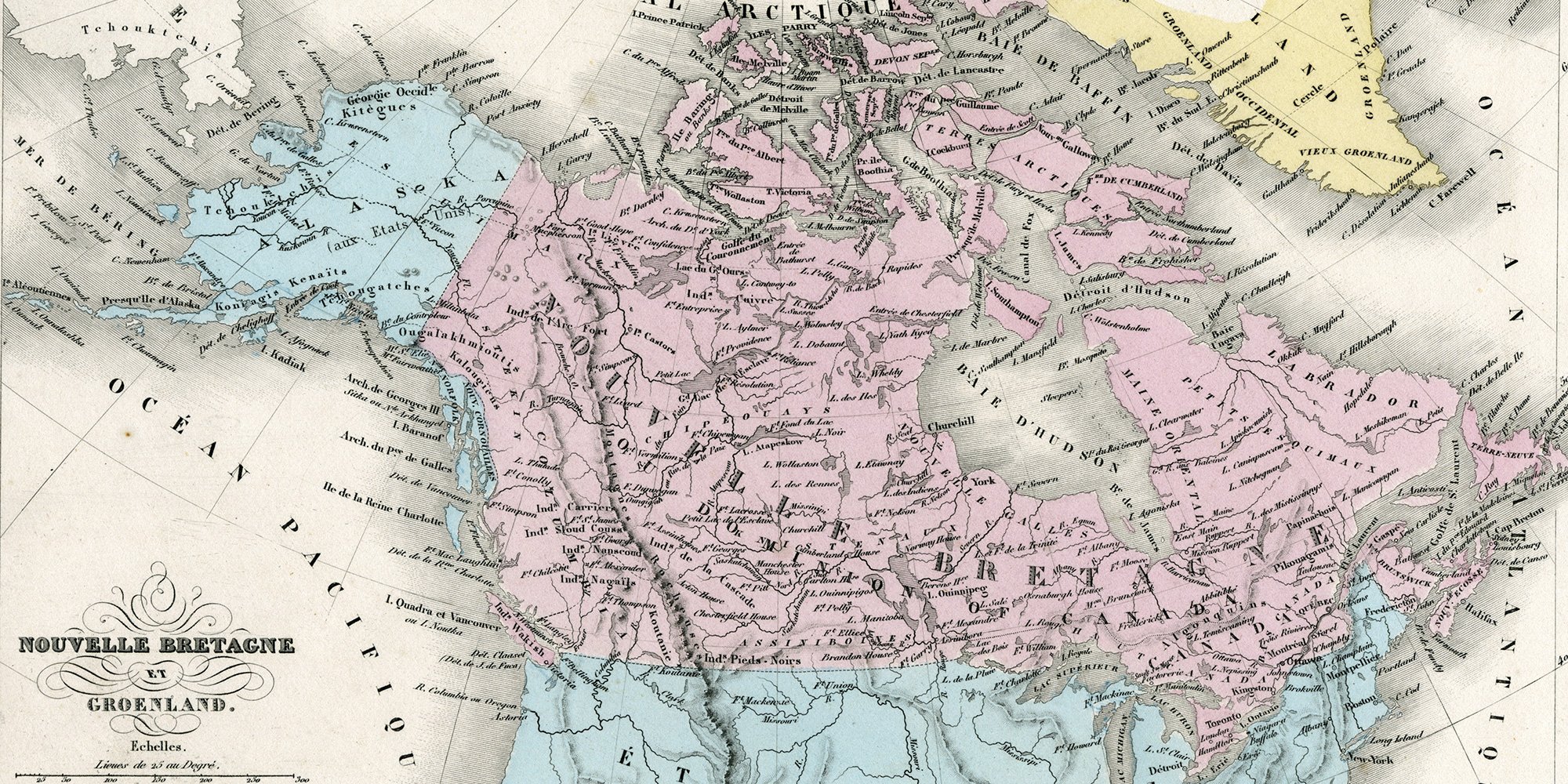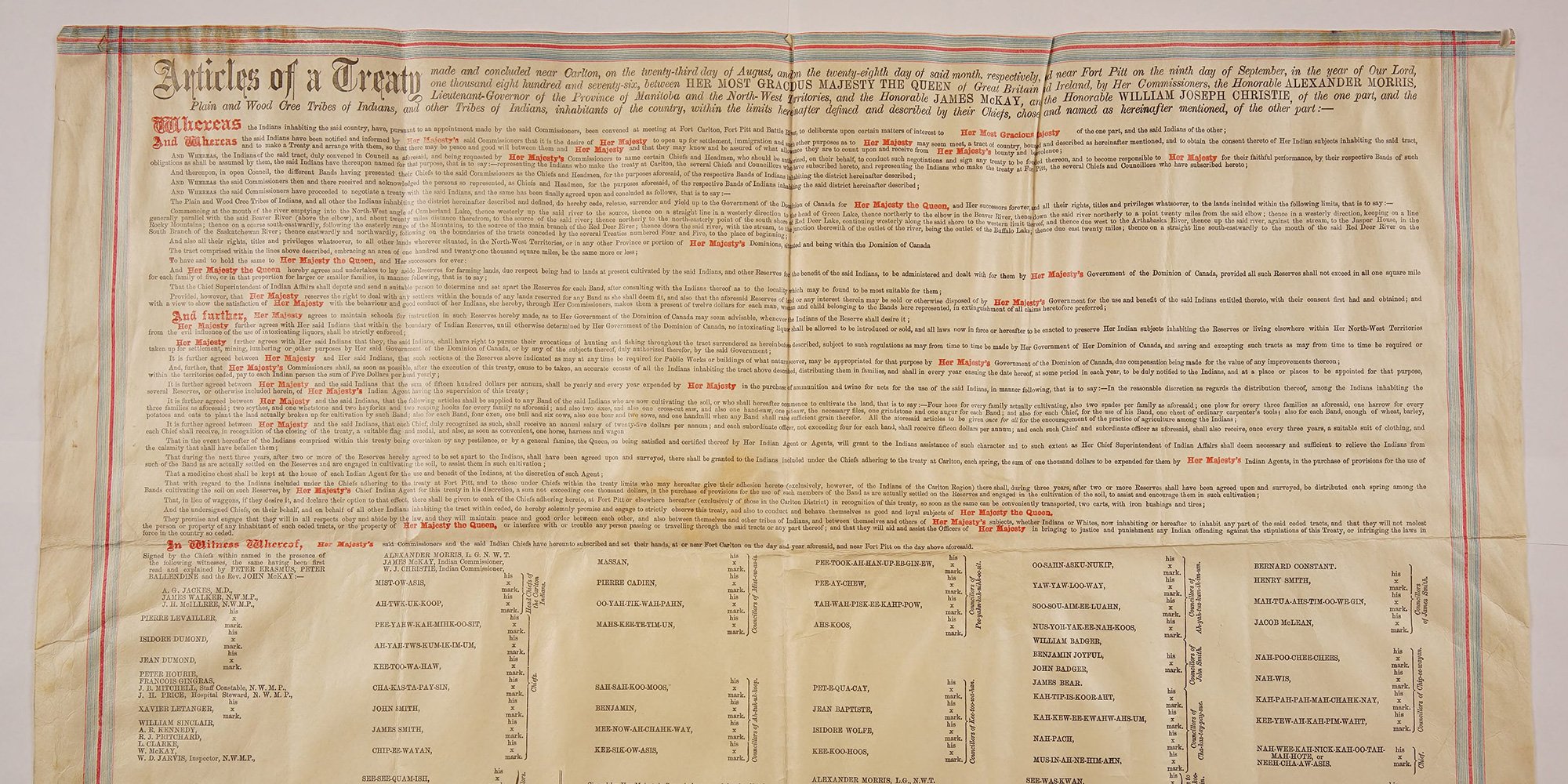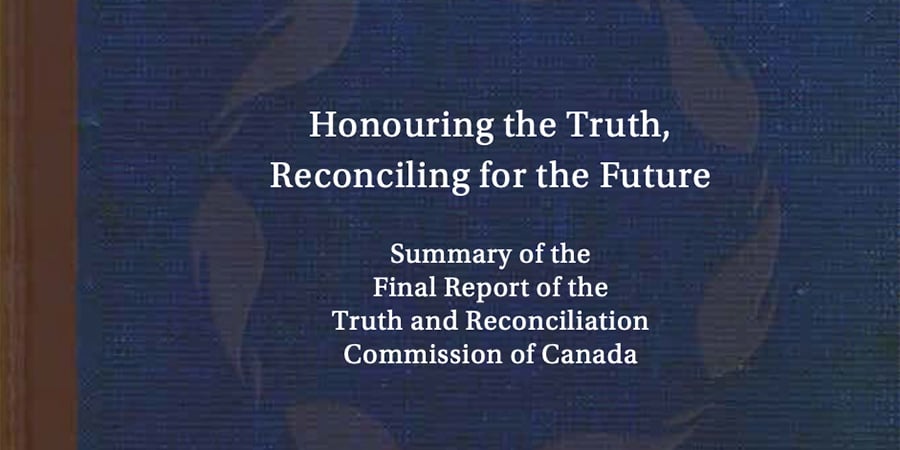10 Treaty Facts
Treaties are negotiated agreements that define the rights, responsibilities and relationships between Indigenous groups and federal and provincial...

James B. (Jamie) Wilson is the former* Commissioner, Treaty Relations Commission of Manitoba. He is passionate about the importance of treaty education for all Canadians and believes very strongly that recognition that treaties have shaped this country and that all Canadians need to acknowledge that we all have treaty people. We were honoured to have the opportunity to talk to the Commissioner about his work and his goals as Commissioner.
I work as a liaison between First Nations, federal and provincial governments, and businesses to re-strengthen, rebuild and enhance the treaty relationship. We do this through education, facilitation and research. You hear the perspective of government and First Nations, well we are the third voice. We bring context to the dialogue with business.
On a base level, it’s important because every Canadian has treaty rights. For example, if you own property in Winnipeg, you are exercising your treaty right – it goes back to Treaty 1 which was a manifestation of the Royal Proclamation which goes all the way back to the Magna Carta. It’s a right exercised by non-Indigenous people on a daily basis – and is for the most part taken for granted. Canada would not exist as it is today without treaties. Indigenous Peoples have had to argue and push for their rights for so long that they are very acutely aware of their different rights. It is fundamentally important to understanding the country we live in. To me you can’t be a fully engaged citizen unless you acknowledge and understand that shared history – it’s part of our collective identity.
I think they are synonymous. Self-government can be a bit of a loaded term but to me, treaties and self-government are all about First Nations removing themselves from dependency. I believe treaties were about self-reliance and creating mechanisms for self-reliance. People saw the treaties as a way to adapt, to create economic certainty for themselves which can be interpreted as “in order to govern themselves.”
We are actively engaged in implementing fourteen of the recommendations. The Truth and Reconciliation Commission recommendations have been a catalyst. A number of the recommendations deal directly with educating Canadians on Indigenous issues and educating Canadians about residential schools. I strongly feel that you can’t teach students about residential schools without teaching them about treaties. You need to talk about the solutions and I think treaties were and are the model for how we can work together properly.
Our education initiative is providing training for K – 12 teachers. The teachers receive two days of in-depth work that includes time with Elders, historians and legal experts on understanding treaties. We have trained over 1,000 teachers so far in over half the schools in Manitoba. We are very close to having full K-12 treaty education for every student in Manitoba.
The cool part for me, as a former educator, is seeing the difference in the children. We started the treaty education program for children in grades five and we are now seeing young people coming out of those grades with a strong understanding of the treaty relationship, and of Canada. The hidden secret about treaty education is that it is not just about treaties but about relationships, it’s about peoples with very different worldviews figuring out ways to live peacefully together, creating enduring obligations towards each other to help each other in the future. It is very rewarding to see young people exemplifying and living that relationship.
I see the change in young people. I see hopefulness and an idea of what the future should look like. I know the history of the residential schools, forced relocation, and Sixties Scoop is horrible and hard but if that is all you talk about and that’s all you transmit to kids then you are setting them up for failure. You have to give them a sense of hopefulness. And to me, the hopefulness is looking at the treaties and saying “Here’s what the original relationship looked like, we were partners, we knew this relationship would take ongoing hard work so try to live up to that model.” I see young people getting it – they get what that relationship should look like.
We hope you have found this interview with former Commissioner Wilson interesting. We really appreciated the opportunity to share his insight with you. James Wilson has since resigned as Commissioner to pursue other interests.
Featured photo: Shutterstock

Treaties are negotiated agreements that define the rights, responsibilities and relationships between Indigenous groups and federal and provincial...

James B. (Jamie) Wilson, B.A., U.S.T.C., M.Ed. is the Commissioner, Treaty Relations Commission of Manitoba In an Opaskwayak Cree Nation family...

1 min read
The Truth and Reconciliation Commission released its summary report and findings on June 2, 2015, after six years of hearings and testimony from more...